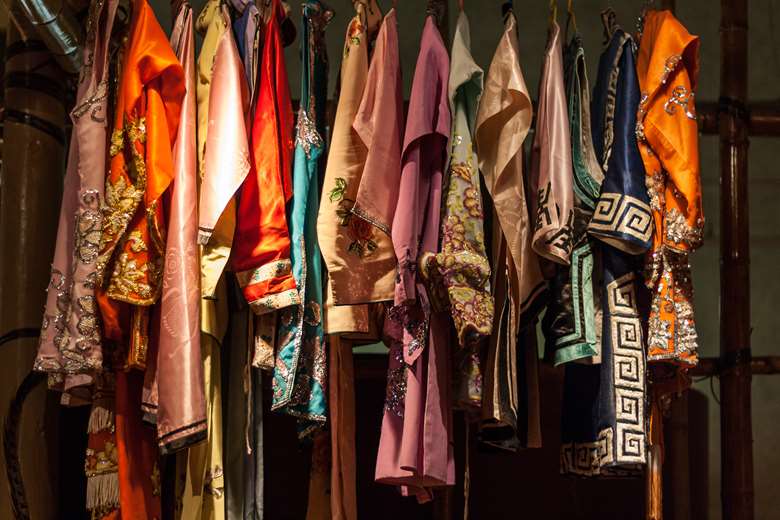Theater and opera freelancers face gender pay gap of 37.4%
Hattie Butterworth
Tuesday, June 27, 2023
The Big Freelancer Survey reveals the main concerns facing freelancers working in theater

A survey of freelancers in the theatre industries has revealed that the average earnings for freelancers are 17.5% below the UK national average salary with a gender pay gap between the male and female workforce of 37.4%.
The 2023 Big Freelancer Survey, 'Underpaid, Undervalued, Under Pressure', made in collaboration between Freelancers Make Theatre Work and the University of Essex, was answered by 1156 industry freelancers, 8.4% identified as working in opera.
Key findings
It revealed the mean income for female respondents was £20,400 and £32,600 for male respondents, suggesting a gender pay gap of 37.4%. Within the £50k-£100k pay range, 14.8% respondents were male with 3.3% being female.
Experienced practitioners in the industry, with over 21 years of experience, exposed a gender pay gap of 47.7% - £22,600 for female respondents and £43,200 for male respondents. Those within the first 10 years of their career had an average salary of £16.9k.
Overall, the average freelancer salary came out at £22,900, 17.5% lower than the UK average salary of £27,756.
Life as a freelancer in theater
Freelance set and costume designer Emily Bestow said of the report: 'Freelancers are all toiling under the reassurance that some day, it will all be worth it. The late nights, cancelled plans, low pay and constant exhaustion will lead to a wage that reflects your skills ... The Big Freelancer Survey has sadly me feel like I am labouring under a total delusion.
'But it has also presented evidence of a reality that deep down I have known all along,' She continued. 'That doesn't mean I'm ready to bow out just yet - I'm hoping we can use this to drive wages up to fairly reflect hours and skills.'
The impact of Brexit
The survey also highlighted the continued impact of Brexit as a source of uncertainty for freelancer work within the industry. 77.9% of survey respondents identified Brexit as a source of work uncertainty in the industry, with those working in opera, classical music and live events being hit particularly hard. These freelancers who used rely on work in Europe to 'compensate for the relatively small pool of work and low fees in the UK.'
One survey respondent said, ‘So much of our UK work as freelance opera singers was effectively underwritten by our European contracts, which were almost always paid at a much better rate. Most of those opportunities have now gone.’
Moving forward
Recommendations from the report include the introduction of a general EU/UK work passport or permit so that short notice and short term work is possible again for the creative workforce, improved accessibility for under-represented groups and enforcements of fair rates of pay.






